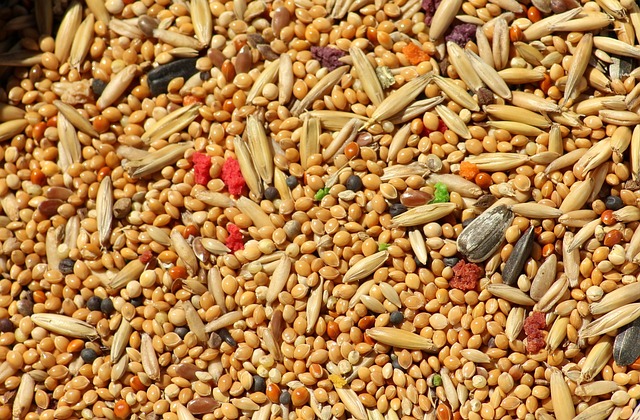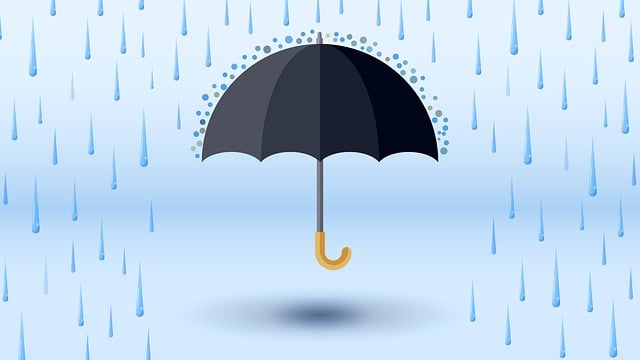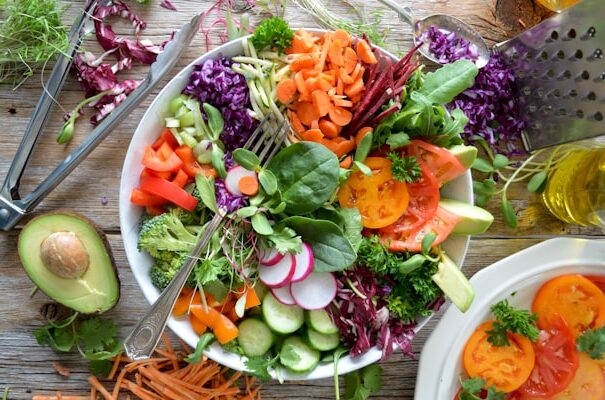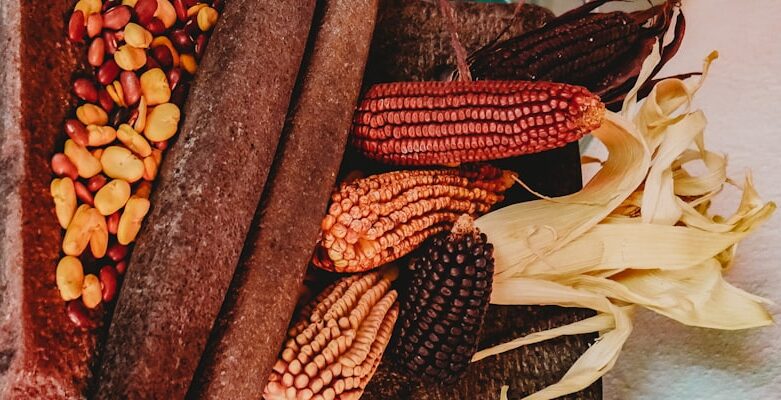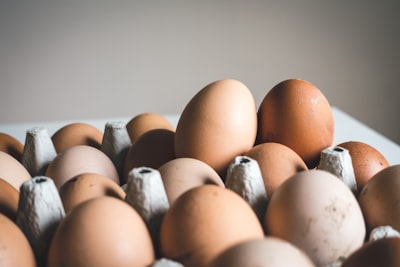What are proteins
Proteins are a subdivision of the nitrogen-rich organic class. Human body tissues are made up of proteins. The term “protein” denotes not just one but a large group of intricate chemicals.
Proteins are present in animals and plants as well, as they are part of living tissues. It is a vital component of all living things and may be found in the form of enzymes, antibodies, and the structural elements of the muscles and hair.
Proteins are required for life since they are crucial components of every cell’s protoplast and nucleus.
Carbohydrates, lipids, and proteins all include hydrogen, carbon, and oxygen; proteins additionally include nitrogen. Because they are more complex than lipids and carbohydrates, they have bigger molecular sizes and much greater variation in their formation.
Classifications of amino acids
Human body contains 20 amino acids. There are two main groups for these amino acids: essential and non-essential.
Essential amino acids: essential amino acids cannot be create by the human body. They must be supplied through food.
Isoleucine, Leucine, Phenylalanine, Threonine, Tryptophan, Methionine, Histidine, Valine, and Lysine are the essential amino acids.
Non-Essential Amino Acid: Non-essential amino acids can be created by the body using essential amino acids.
They are alanine, arginine, aspartic acid, cysteine, asparagine, glutamic acid, serine, glutamine, glycine, proline, and tyrosine.
Functions of Protein
Protein’s principal role is tissue formation. Human body made up of around 60% water, 19% fat, is kept together by 17% proteins and 4% minerals.
Muscles are mostly made up of proteins. Also, there are different organs like teeth, hair, and nails that are made up of proteins. Protein requirement is different for different age group but it is high during pregnancy, adolescent and in lactation. Protein performs number of important functions in the body like:
-
Growth and repair new tissue
Protein is important to the building of the new tissue as well as maintain the exist sting one. They are important for growth of the hair, nail, muscles, skin, eyes. Also, the muscles and organs are made up of protein.
Extra protein may be required in specific conditions like blood loss after accident, tissue loss due to burns, Prolonged menstruation.
-
Act as precursor for enzymes, antibodies, hormones
Protein acts as a forerunner for enzymes, antibodies, and hormones. Hormones are proteins found in nature that are secreted by various glands. Proteins are necessary for the synthesis of enzymes, hormones, and antibodies.
The human body produces chemical messengers in the form of hormones. Hormones runs all body activities. Proteins create antibodies, and white blood cells guard the body against infection and sickness, contributing to the immune system.
-
Transport of Nutrients
Proteins are amphoteric by nature, making them the best means of transporting nutrients through cell membranes. Numerous vitamins, minerals, free fatty acids, triglycerides, cholesterol, phospholipids, and fat-soluble vitamins are transported via protein carriers.
-
Regulation of fluid balance
Albumin and globulin are two proteins present in the human body that manage fluid balance between cells. Between the two compartments, fluids can’t easily flow. Blood proteins play a crucial role in controlling and preserving the fluid balance between blood and tissue.
-
Energy Supply
When fat and carbs are not present, proteins act as an energy source. Protein contains 4 kilocalories per gramme. The body uses this energy during fasting or starving.
Source of Protein
There are mainly two types of protein sources.
Animal Protein
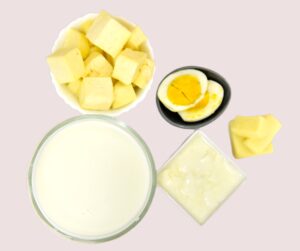
This particular type of protein comes from animals and animal byproducts. Good sources of protein include eggs, chicken, goat, cattle, hog, lamb, fish, oysters, crab, and lobster.
The protein content in milk and milk products like curd, cheese, cottage cheese, milk powder, and buttermilk are also very high.
Animal proteins are regarded as good sources of protein due to their high biological value. This indicates that the correct quantity of essential amino acids is present.
Plant protein
Plant proteins are proteins that are obtained from plants. Legumes and pulses are delicious sources of protein. Red and Bengal gram, cowpeas, quinoa, soybeans, and their byproducts, such as soy milk, tofu, oats, and chia seeds, are foods high in protein.
What is nitrogen balance?
Healthy individuals have a balanced nitrogen intake. When protein intake and excretion are equal, this is what is seen. Most healthy individuals have this.
There can be a positive nitrogen balance when nitrogen intake surpasses nitrogen excretion. This is seen both during pregnancy and in the beginning stages of life. Furthermore, when the body excretes more nitrogen than it consumes, a condition known as a negative nitrogen balance result. This is most noticeable after major surgery, burns, and times of starvation.
Extra nitrogen will be lost as fluids high in proteins are drawn out of different body compartments. All patients with protein-energy malnutrition (PEM) show a negative nitrogen balance. Thus, preserving the overall nitrogen balance is essential for human health.
Deficiency of protein
Protein is a major macronutrient that plays a number of important functions in the body. The daily caloric requirement for an average sedentary adult is 0.8 grammes per kilograms of body weight. Body functioning is negatively impacted if a proper amount is not consumed.
Starvation, burns, injuries, and infections are a few instances when a lack of protein is evident. Let’s explore the ways in which a lack of protein might have adverse effects.
-
Lowered immunity
Protein deficiency in childhood leads to poor mental health and eruditeness. This can be seen in the developing countries like India, Africa, Nepal, Bhutan and many others.
Protein plays an important role in synthesis of the WBC, antibodies, due to the lack of the sufficient amount of protein, ability of body to synthesis antibodies become low and it hampered on immunity power of the body.
-
Muscle wasting
The demand for protein rises in situations like severe burns, blood loss, fever, and wounds. When there is insufficient protein in the diet, catabolism occurs, which causes the body to utilize the stored protein in the muscles. During this process, muscles are broken down and body weight is decreased. its results in muscle wasting.
-
Low birth weight of baby
Protein deficiency during pregnancy may result in stress, which could give rise to complications such as vomiting, swelling of feet, etc. It may adversely affect the growth of the fetus and fetal stores for future. If children do not get enough protein, they show stunted growth.
-
Anemia
Protein deficiencies interfere with the production of hemoglobin. The blood’s ability to carry oxygen has been reduced and the number of red blood cells and hemoglobin is decreased.
Consequences of the proteins
Protein-rich foods include flesh from animals and meat. However, it shouldn’t be consumed beyond the recommended amounts, as it might harm bone health and cause the body to lose calcium. It increased the risk of osteoporosis.
There is a lot of fat and cholesterol in animal protein. As a result, consuming too much might result in major problems, including obesity and cardiovascular disease.
Additional protein consumption is also responsible for the kidney’s extra workload. The byproduct of protein metabolism is urea. The kidney must work harder to remove the urea when more protein is consumed. This could make renal function weaker.
Preservatives have frequently been utilized in the food industry’s processing of proteins, particularly animal proteins, to extend shelf life and perform color fixations. The risk of colon cancer has significantly increased in relation to processed protein meals.



